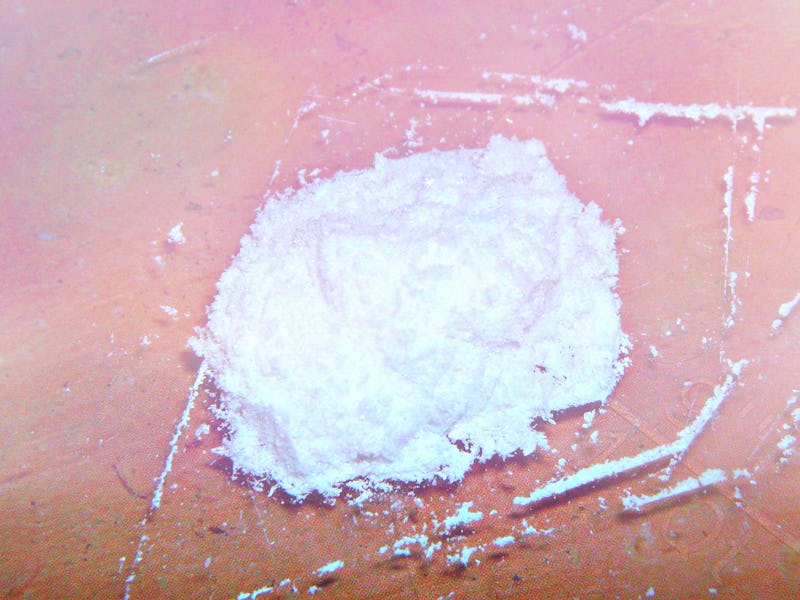Despite its notoriety as a party drug, ketamine has consistently shown its potential as a top-notch depression treatment. Unfortunately, it’ll take more than just scientific data to convince doctors to even consider using a long-maligned club drug on their patients. In a recent article in Lancet Psychiatry, pro-ketamine scientists renewed their efforts to rebrand the drug, arguing that using it to treat depression is a good idea — and one that can be rolled out now.
In the article, the British research team, which included well-known Imperial College neuropsychopharmacologist David Nutt, Ph.D., argued that “based on current evidence, ketamine use for severe, treatment-resistant depression does not violate ethical principles.” Nutt and his colleagues outline the major points of ethical concern, voiced by their peers in the field: concerns about the drug’s abuse potential and the possibility of finding substitutes, together with the “genuine need for treatment of patients with severe, treatment-resistant depression” and questions about its safety and efficacy. All of these concerns, they write, can be reconciled with ketamine treatment right now — as long as it’s done right.
Ketamine, already used as an anaesthetic in hospitals, shows promise as a treatment for severe depression.
First, they argue, there’s no question that there’s a “clearly identified need” for a treatment for severe depression. Currently, severe depression — which lasts for over two years and is also referred to as persistent depressive disorder — affects about 3.3 million Americans per year, and treatments are scarce. Trials with ketamine have shown progress where traditional depression drugs like Zoloft and Prozac haven’t, which is what’s led some scientists to hail it as “the most important advance in the treatment of depression of the past 50 years.” The implication is that, given the seriousness of the issue and the efficacy of the drug, it doesn’t make sense to not use ketamine to treat depression.
They admit that the drug’s efficacy and safety isn’t totally understood but take this as a sign that research should continue while strict guidelines are set in place. Obviously, administration needs to be tightly controlled — they suggest forming a patient registry and making all the clinical data public — in order to clearly delineate between recreational and therapeutic ketamine.
They conclude with a list of guidelines for how to roll out ketamine treatment for depression safely, which is most interesting because of its instructions for how health professionals should deal with it. A “great deal of ethical weight rests on the virtue qualities of the clinician,” the researchers write, explaining that there are three qualities ketamine-prescribing doctors will need to display: Inventiveness, or the ability to responsibly make decisions about risky drugs; responsibility, which they define as “avoiding hype” about ketamine’s potential uses; and humility — making decisions for the good of the patient and not for their own ambitions.
It remains to be seen how much of an impact this argument will have on drug policy in modern, heavily drug-controlled Britain, where ketamine is a Class B drug together with cannabis and amphetamines. Still, the fact that it was published in the prestigious Lancet Psychiatry is a sign that ketamine research is at least being taken more seriously in the scientific community.
